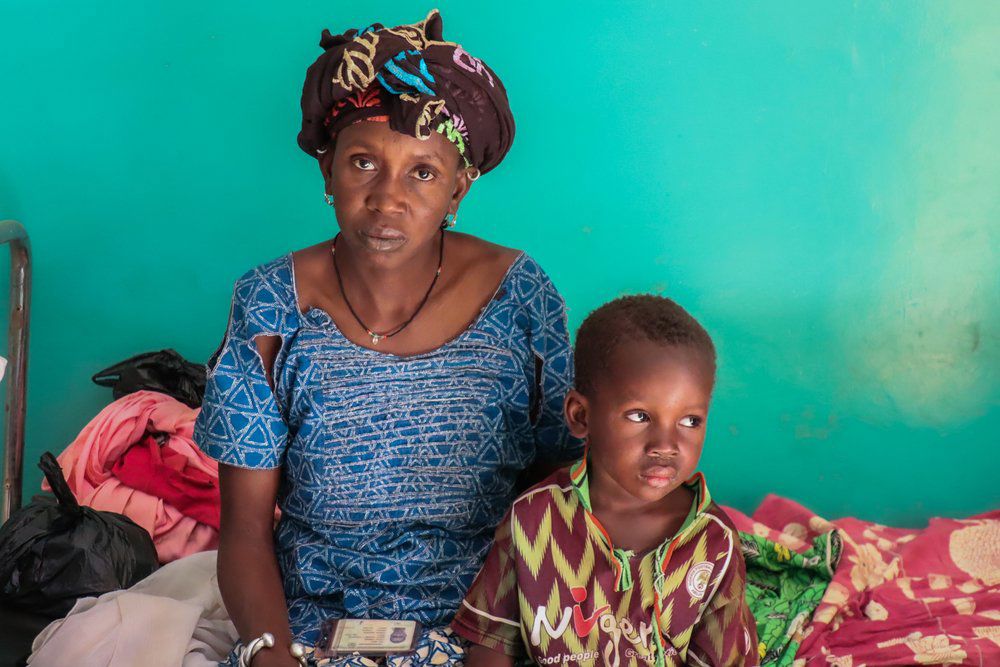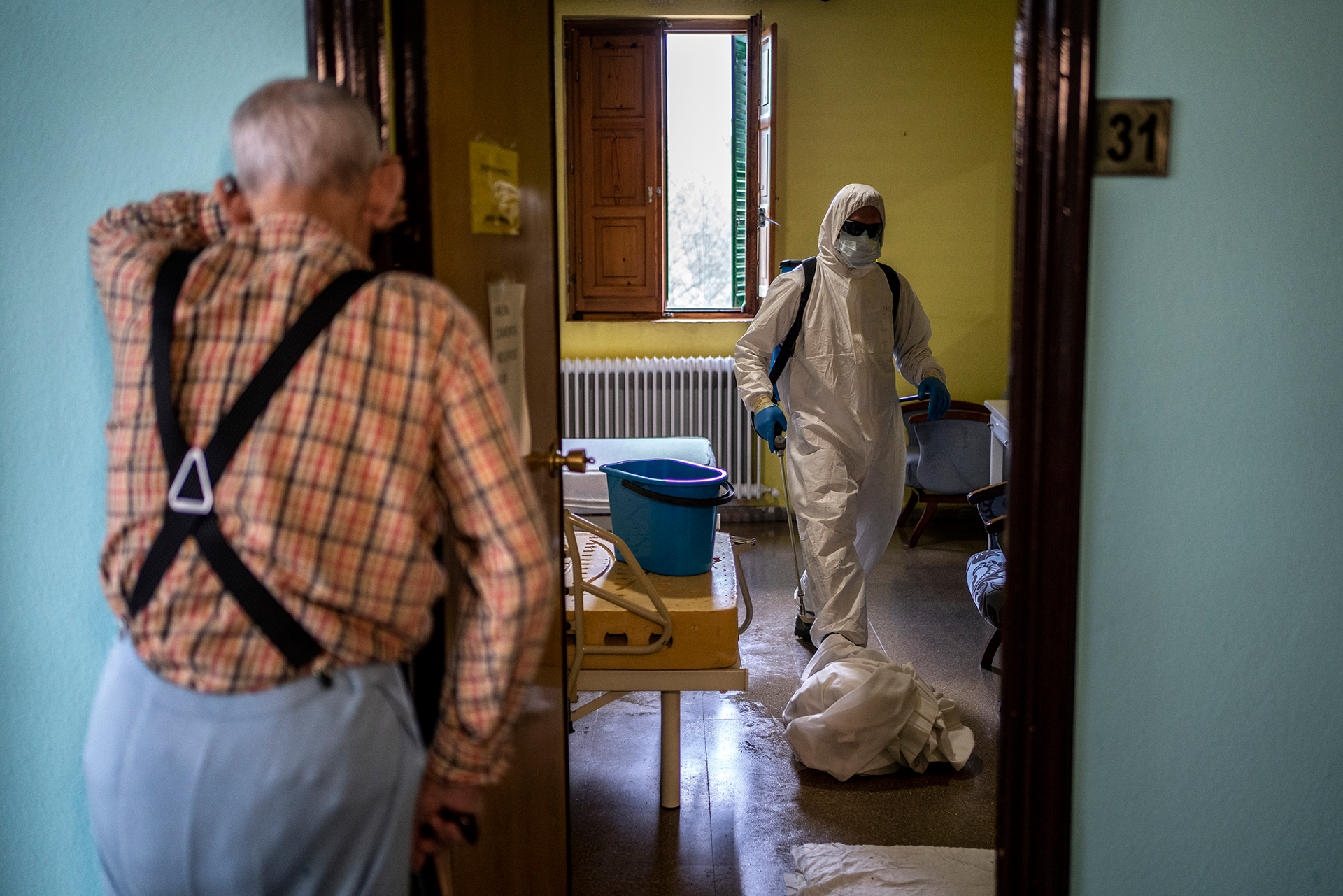Picture being forced to flee your home as armed conflict ravages your once relatively peaceful country.
Last year’s harvests were poor and you’re already weak and vulnerable – but the annual food shortage season is still to come.
It’s nearly impossible to see a doctor, with health centres closing due to the ongoing insecurity, and now there’s a deadly and highly contagious virus sweeping the world and crippling even the most advanced health systems.
This is the situation facing many people in Burkino Faso, a landlocked country in West Africa that is experiencing a fast-growing humanitarian crisis.
In the space of just a few months, more than 800,000 people have been displaced by widespread violence, which has forced more than 100 health facilities to close.
This has left Burkina Faso grossly unequipped to deal with COVID-19.
A crisis within a pandemic
Since the country confirmed its first case on 9 March, the virus has rapidly taken hold with outbreaks in 9 of its 13 regions.
It is now one of the hardest-hit countries in sub-Saharan Africa, with 581 cases and 38 deaths as of 22 April.
"We fear that the new coronavirus will have a huge impact," said Hassan Maïyaki, MSF’s country manager in Burkina Faso. "This pandemic will amplify existing problems.
"There are more than 800,000 internally displaced people in Burkina Faso and the UN estimates that more than two million people will need humanitarian assistance this year.
"The majority of these people are living in poor conditions, with insufficient access to clean water or healthcare, and many other unmet needs."
Critical food shortages
According to the World Food Programme, over a million people currently don’t have enough to eat and this could rise to 2.1 million during the annual food shortage season in June.
Hassan said the assistance provided so far has been insufficient and, until a few weeks ago, the most urgent priority was to increase aid and find ways to access people in remote areas.
However, with the arrival of COVID-19, MSF’s focus has had to shift to controlling the spread of the virus.
"In the coming weeks we will have to find a balance between our response to COVID-19 and the humanitarian crisis, so that we do not allow other diseases, such as malaria, measles, meningitis or cholera, to spread and claim as many, if not more, victims than the virus," said Hassan.
"In addition, many unknowns remain about how the coronavirus interacts with other diseases, such as malaria and dengue fever, or its impact on malnourished children with poor immune systems.
"Humanitarian organisations must continue to focus on the ongoing humanitarian crisis, while at the same time fighting against COVID-19 – otherwise we risk facing an even bigger humanitarian tragedy in the coming months."
Delivering aid where it's needed most
MSF first worked in Burkina Faso in 1995. Today, our teams deliver medical aid to local and displaced communities throughout the country, through mobile clinics and in the medical centre we support in Djibo.
We also run preventive programmes, distribute drinking water and train community health workers to treat common ailments such as malaria. We are now preparing to support the health authorities’ COVID-19 response while adapting our regular medical activities.
Hassan said the COVID-19 situation is currently under control, but this could quickly change.
"As we have seen elsewhere, no country was prepared to deal with a huge influx of COVID-19 patients, some of whom have severe complications," he said.
"It is therefore necessary to increase hospital capacity so that we will be able to care for all patients that contract COVID-19 as soon as possible, and to be prepared for a possible widespread outbreak in the coming days."
We are looking at ways we can help contain the outbreak by identifying and caring for COVID-19 patients and strengthening preventive measures.
"This includes explaining prevention measures such as proper handwashing to the community, as well as reviewing how patients move through hospital wards to avoid further contamination and setting up isolation wards," said Hassan. "We are also strengthening infection prevention and control measures wherever we work to ensure the protection of health staff and the patients they care for. It is essential to strengthen measures to protect healthcare workers so that they can continue to provide care without themselves becoming infected with the coronavirus."
In Bobo Dioulasso, the second worst-affected city in Burkina Faso, we have started to care for COVID-19 patients in a dedicated facility.
The challenges
A major challenge for our teams is trying to provide medical assistance in conflict-affected areas and deploying staff and supplies amid international restrictions to prevent the spread of COVID-19.
We are working to quickly overcome these challenges to ensure we can continue providing life-saving medical aid when the seasonal peaks of child malnutrition and malaria begin in June.
"In such an unstable security context, with a weakened health system and difficult access to populations, humanitarian organisations, including MSF, are finding it difficult to prepare for this critical period. And the COVID-19 pandemic is going to make our task that much harder," said Hassan.



